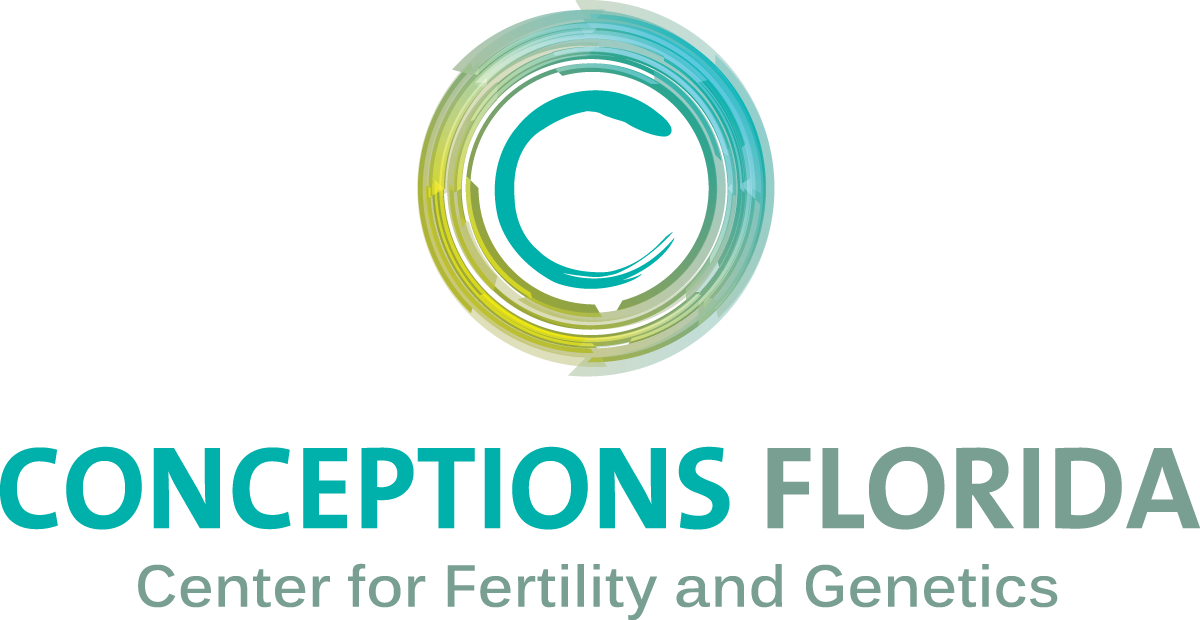By Juan P. Alvarez, M.D, FACOG
Angela was just 34.
She froze her eggs proactively because she never wanted to let her biological clock dictate her life. It was a prescient decision on her part because her biological clock stopped ticking six months later with a breast cancer diagnosis.
I’m sharing this story because Angela, a real patient (though not her real name) at Conceptions Florida, had no family history of breast cancer. But luckily, she felt the lump during her monthly self-exam, saw her physician and recently completed her last treatment. Her prognosis is good and since she froze her eggs, she will be able to start a family in the future.
October is Breast Cancer Awareness Month, a time when we all have the responsibility of sharing our medical expertise to promote prevention and honor those who have been affected by breast cancer. Though the focus of our practice is on infertility, I can’t stress enough the importance of the monthly self-exam. It can be a lifesaver.
Breast cancer does not discriminate. Although studies show that the risk of breast cancer increases with age, breast cancer can happen at any age.
The CDC estimates that every year, about 245,000 women are diagnosed with breast cancer and 11% of these women are under 45 years of age. One of the greatest advances in modern medicine is the treatment of breast cancer. Women with early breast cancer have a 5-year survival of 99% and with invasive breast cancer, the 5-year survival is 90%. The usual treatment for breast cancer includes either a lumpectomy (surgical removal of a portion of the breast) or a mastectomy (surgical removal of the entire breast) followed by different treatment modalities depending on staging which includes chemotherapy, radiation therapy, and hormone therapy, with majority of women receiving chemotherapy and hormone therapy.
Here is the complicated part for women of childbearing age. The chemo which saves lives, often destroys healthy cells including those involved in the production of eggs. Sometimes the infertility is temporary. Other times it is permanent. A lot depends on the type of chemo, the length of the treatment and the age of the patient. The risk of infertility from radiation is much smaller as the targeted area is sufficiently distanced from your reproductive organs.
Many oncologists are now starting to discuss fertility preservation with their patients and the American Society of Clinical Oncology (ASCO) has taken the initiative and published guidelines specific for fertility preservation.
Even though the topic of fertility preservation before cancer treatment is starting to gain momentum, only about 4-20% of women with cancer utilize fertility preservation services. This is why it is important not only to educate oncologists to discuss fertility preservation, but to also teach women about their fertility options and to empower them to also be their own advocates.
We all need to be advocates. As a reproductive endocrinologist, I see many patients who have been diagnosed with breast cancer in their early 30s and am confident they will not only survive but also have the opportunity to have a family in the future. Unfortunately, if eggs are not preserved before cancer treatment, it can become very difficult to conceive with your own eggs after breast cancer treatment. While donor eggs and experimental treatments involving the creation of eggs cells from stem cells offer hope for the future, the best offense is a good defense.
That is why a discussion about freezing your eggs is essential and super timely.
Thankfully, most of our female patients freezing their eggs are not confronted with a breast cancer diagnosis. However, we are seeing more newly-diagnosed breast cancer patients being referred to our office by their oncologists for a fertility preservation consultation. Our goal is to schedule these patients to see one of our doctors within 24 hours if possible, to avoid a delay in treatment.
Breast Cancer awareness is a shared responsibility. Together we can promote early detection, life-saving treatments and the option of oocyte cryopreservation, aka egg freezing, thereby not only preserving life but also hope for the future.




